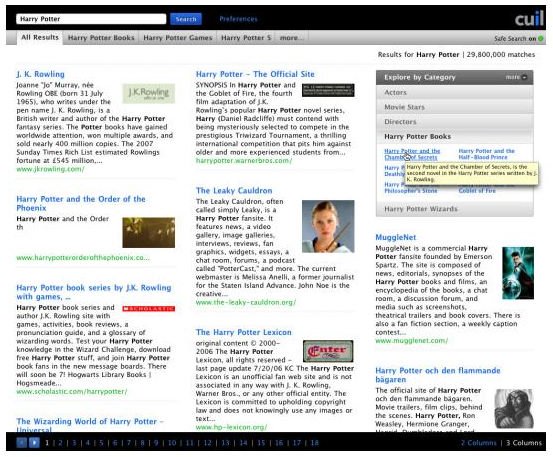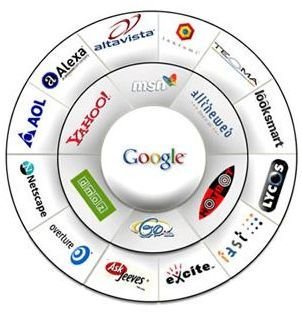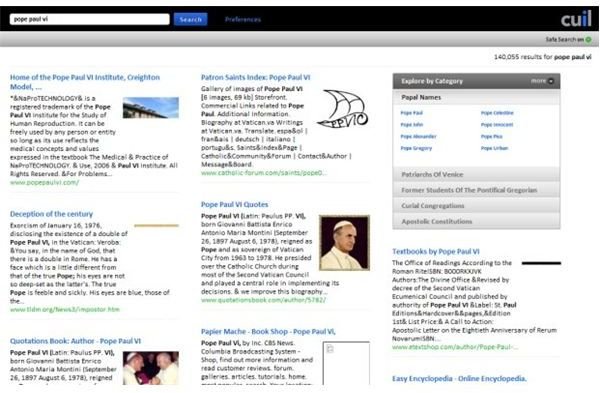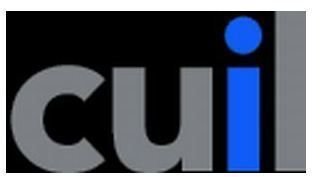Cuil Search Engine Review: A Viable Alternative To Google?
The Cuil Environment


Up until now Cuil has been roundly criticized for its poor performance, with lack of consistency in returning intuitive search patterns and instability. It also appears to suffer from bouts of unresponsiveness, largely during ‘hot times’ - i.e. mid morning and late afternoon EST. At this point, while a lot of this may be scare mongering, the Cuil search engine certainly doesn’t appear to handle mass volumes of simultaneous use very well. Which is another reason why the methodology needs streamlining, as was discussed in the previous article. In essence, Cuil as is just can’t deal with the level of user interactivity demanded from the Internet every day- certainly not if it is to increase its popularity.
That said, it would be unwise to dismiss Cuil out of hand, by expecting Google-esque responsiveness from a search engine still in its infancy. With the potential to index over a hundred billion pages it will take considerable time and resources to even remotely test its true potential and ‘go live’ impact within the online community. It will certainly take more investigation than has been carried out to date. Cuil will require a much larger user base to test its ability to deliver relevant search results in a responsive manner, with the size and multi faceted mix of online media and different levels of complexity when it comes to search engine use.
A Cuil Conclusion



From personal experience, for general searches, Cuil is a very robust and responsive engine. However, and this is the critical point, for any long tail searches or very specific searches that are technical in nature, i.e. where a certain degree of expertise in a business sector is required, Cuil remains disappointingly slow, inflexible and lacking adequate results.
On the plus side, Cuil has a very handy predictive drop down list which appears as you enter a search string, offering a selection of what you ‘may’ be wanting to search on. Such predictive text is also found on Yahoo, but is not available on Microsoft Live Search or Google. But most pleasing of all is that Cuil does not retain data on a user’s historical searching or IP address, allowing a slicker database architecture that doesn’t require as many servers to store data - in theory providing faster searches. Currently that is a potential area for Cuil to gain niche excellence, which is not quite matched in reality. This lack of data gathering about you and your search habits creates minimal security risks from spyware and phishing, which ultimately helps rather than hinders the performance of your PC. You can also turn off the first search result returned via the preference option, which is a very useful feature as these invariably return marketing links which many people have little time for.
What Cuil is crying out for, however, is a spelling correction facility. I for one fire out search strings in Google and Live search by just letting my fingers go, knowing the words I am typing as a search string will be close enough to the desired search and will be corrected by the engine, which will then return the choice to click on what I really meant. For Cuil to be a major player in the search engine market they must incorporate such a spell correction and suggestion tool.
In all Cuil is still in its infancy, and let’s remember it took Google some time to find its feet. It also took some niche coding strategies to make it the number one search engine above Yahoo. With that in mind, it’s worth checking out the Cuil search engine and testing its usability - it certainly has its uses. However, it does need some resilience for mass user interaction and a few beta releases to solidify its algorithm based crawler technology. Certainly, before being considered an alternative search engine to the heavy hitters on the open search engine market, it must provide some of the features users now expect from a search engine.
